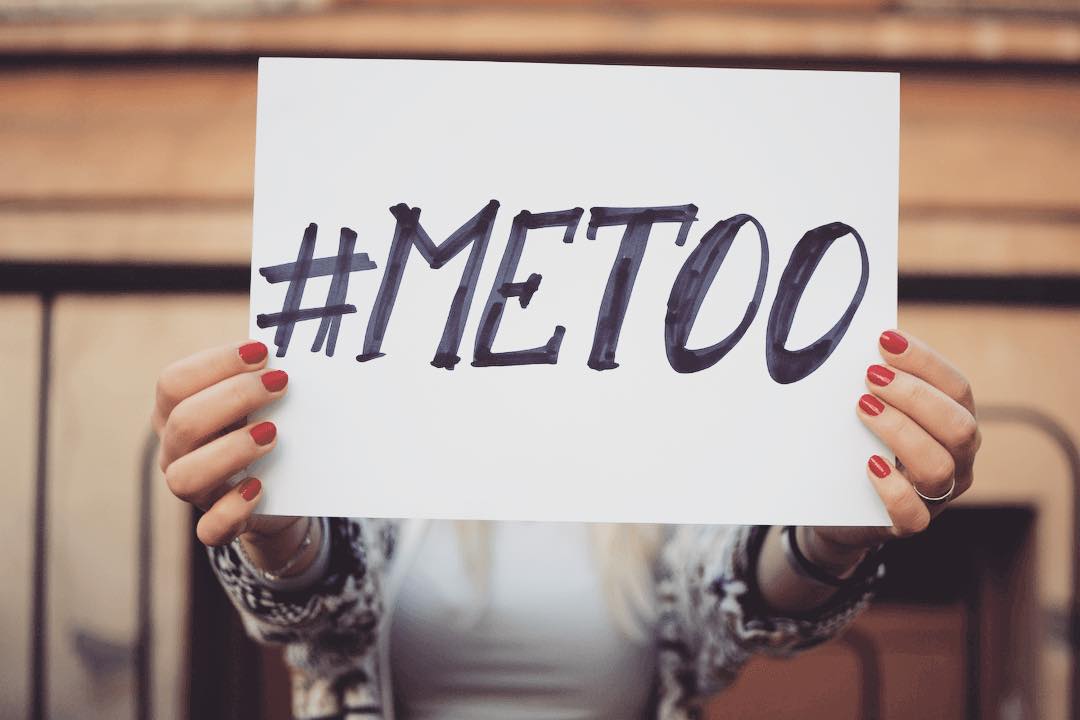|
While 1 in 3 Canadian women will be sexually assaulted in their lifetime, sexual offences are less likely than any other violent crime to result in a guilty verdict. Only 5% of sexual assaults are reported to police. The Government of Canada statistics say that an estimated 0.3% of perpetrators of sexual assault are held accountable, whereas over 99% are not. Time and time again we see sexual assault charges being thrown out or dismissed. And even if the person is convicted, the sentence usually isn’t too harsh. So, what should we do as sexual assault survivors? Should we report what happened to us or not? This is something I have often struggled with, being a therapist but also being a sexual assault survivor. I understand why people report and others do not. When I reported my sexual assault, the detective taking my statement narrowed it down to 5 sentences and wrote a lot of misinformation that I did not say. He made it seem like a crime didn’t even happen because I was dating the guy. He told me that realistically, the case would not go anywhere because I was dating him, and continued to stay with him after I was sexually assaulted. So, it’s my fault then? I didn’t fully comprehend what had happened to me, and because I stayed in the relationship, I wouldn’t receive justice. Even with cases that do go to trial, and aren’t pleaded out to lesser charges, the survivor has to endure cross-examination from defence attorneys whose job it is to discredit anything they say. Every single word can be torn apart, misinterpreted, and used against the victim. Not to mention, the sheer trauma of having to tell a courtroom full of people what happened, being judged, intimidated, and humiliated because of it, is enough to deter victims from coming forward or pushing through on their decision to hold the perpetrator accountable. And often the perpetrator is in the room watching while this goes on, making the victim fearful and anxious. After reporting and being retraumatized, then what? Well, the chances of a conviction are still low. If there is one statement that the judge does not believe, the whole case will get thrown out. Many people worry about wrongly convicting someone of rape, even though the statistics say only about 2% of sexual assault allegations are false…2% of the 5% that are actually reported. So that means that with 1000 sexual assaults, an average of 20 will be reported, and only 1 will result in conviction. That is not okay. If you are lucky and they are convicted, actual justice is lacking. Many will get probation or a small amount of jail time at most. Watching trial after trial end disappointingly, what are we supposed to do then, not come forward? If we don’t come forward, then there is a chance that the person will re-offend and hurt someone else. You’d think that at least going through all of this will put the person on the police’s radar, or hopefully scare the person into stopping their predatory behaviours and make them realize what they are doing is not okay. Despite all of the factors that influence us to stay quiet, if we don’t come forward to point out the flaws in the criminal justice system, nothing will ever change. People will continue to suffer after being sexually assaulted and have no place to get justice and no ability to stop others from being victimized. People will continue to be silenced and afraid to speak up about what happened to them, or reach out for help. People are suffering alone, and this needs to change. We must accept that sexual assault is a violent crime that leaves long-lasting mental, emotional and sometimes physical, effects for the survivor. These crimes should be taken seriously and dealt with accordingly. Only by speaking up and acknowledging the issues can we hope to make a change in our criminal justice system, help survivors get the help and support that they need, and create a world where sexual assault is no longer tolerated and dismissed. Government of Ontario. (2017). Statistics: Sexual Violence. Ministry of Children, Community, and Social Services. Retrieved from http://www.women.gov.on.ca/owd/english/ending-violence/sexual_violence.shtml. SACHA. (n.d.). Statistics. SACHA. Retrieved from http://sacha.ca/resources/statistics. |
|
OverviewNWO’s source for all things relationships, mental health, wellness, lifestyle, and pandemic support. Kelly Magazine is a mental health outreach initiative created by Kelly Mental Health and supported by Kelly Mental Health Foundation, a non-profit organization dedicated to improving the community in the area of mental health.
|
Magazine |
Follow Us |
In support of @kellymentalhealthfndn |
© COPYRIGHT. ALL RIGHTS RESERVED. WEB DESIGN BY KMH




